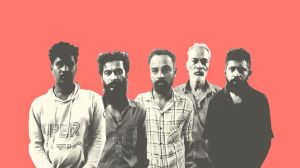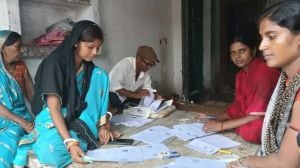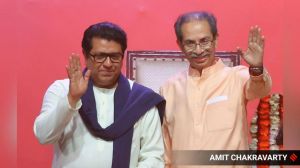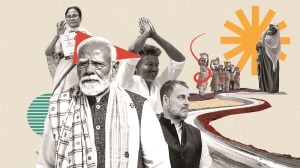Remembering Jatin Das
The story of Jatin Das who became a martyr after 63 days of a fast-unto-death on September 13, 1929, at Lahore Central Jail at the age of 25...

The story of Jatin Das who became a martyr after 63 days of a fast-unto-death on September 13, 1929, at Lahore Central Jail at the age of 25 is extremely moving. If India lives today, it is because of revolutionaries and freedom fighters like Jatin Das who sacrificed their lives for the sake of their land. Although martyrs cannot be graded, Jatin Das was a martyr with a difference.
8220;You can8217;t treat us as criminals, we are freedom fighters. You can8217;t deny the essential facilities to us human beings,8221; shouted Jatin Das when asked why he had undertaken the fast. Bhagat Singh, Sukhdev, Rajguru and B.K. Dutt also joined him and converted the jail into a platform for propagating their revolutionary programmes. The jail authorities decided to force-feed them but they refused. Jatin Das used to take only water but when the jail doctor mixed some medicine in his water to give him strength, Das stopped taking water too. Then the doctor gave him some injections but Das resisted. The jail authorities employed some hefty Pathans to force-feed him but that also failed. Jatin Das never returned the food-thali. 8220;Let the thali remain there. It cannot tempt me.8221; Then the government resorted to another stratagem. A rubber tube was inserted in the nostrils of the hunger-strikers but in Jatin Das8217;s case that also failed.
Pandit Jawaharlal Nehru, who met the hunger strikers in jail, issued the following statement thereafter: 8220;The condition of Jatin is very bad. He can speak only slowly. He is inching towards death. I was very much pained to see the distress of the heroes. They have staked their lives in the struggle. They want that political prisoners should be treated as political prisoners and not as criminals. I am quite hopeful that their self-sacrifice will be crowned with success.8221;
The home department of the Government of India had anticipated Das8217;s death in the first week of September and had asked for the views of the Bengal government on the disposal of the body. The Bengal government was not in favour of bringing the body to Calcutta. It was also not in favour of giving the body to his relatives, particularly Kiran Das who was also a revolutionary. The government, however, decided to send the body to Calcutta. The department of railways was approached, who replied that booking of dead bodies from Lahore to Calcutta was not covered by their rules.
It was later decided to send the body by a special coach but who would pay for the coach? When Subhas Chandra Bose came to know about this, he sent Rs 600 for the coach.
- 01
- 02
- 03
- 04
- 05































